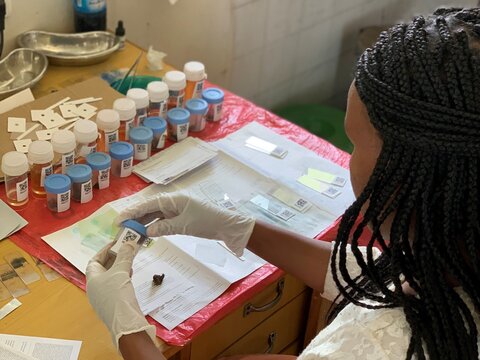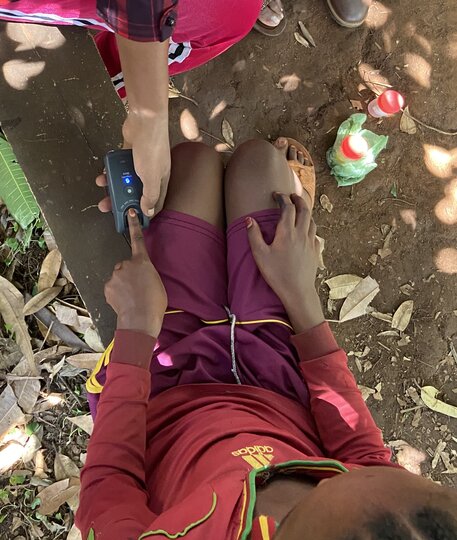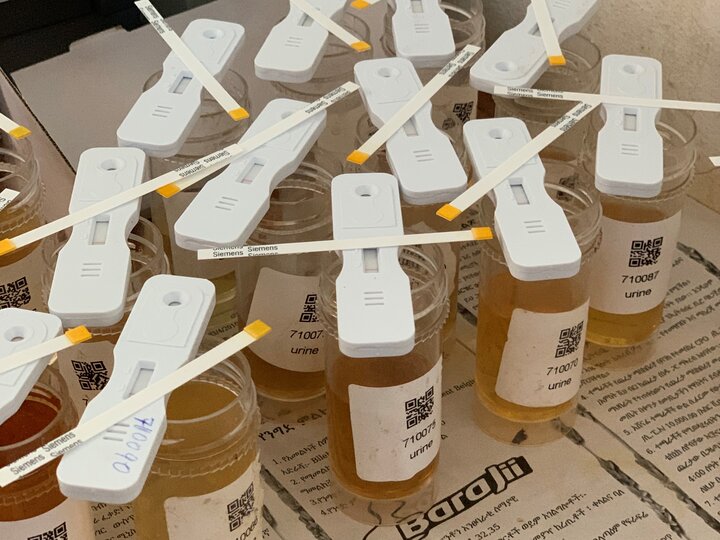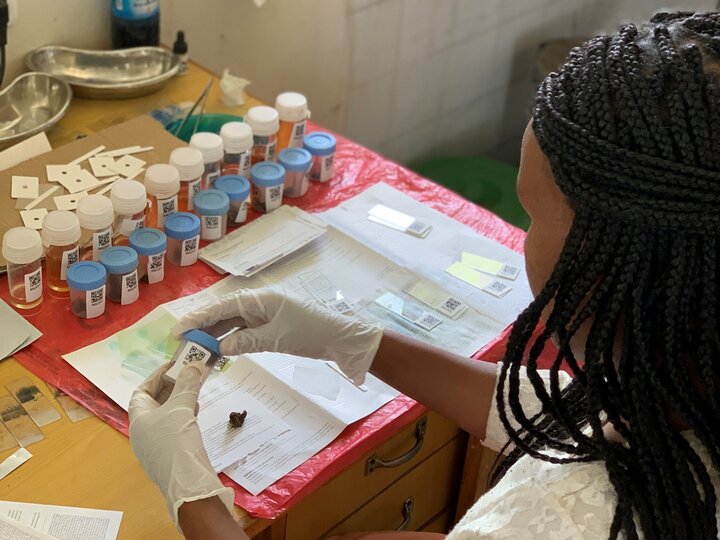Geshiyaro Project
Overview

The Geshiyaro Project is a five-year research programme that aims to identify the optimal design of soil-transmitted helminths and schistosomiasis elimination programmes.
Launched in January 2018 with funding from the Children’s Investment Fund Foundation (CIFF), the project assesses different combinations of Water, Sanitation, and Hygiene (WaSH) interventions and community-wide mass drug administration (MDA) in the Wolaita zone in south-east Ethiopia, which is home to two million people.
Although mass drug administration for soil-transmitted helminth and schistosomiasis is cost-effective and reduces infections in treated human hosts, it is limited in that it does not prevent re-infection, which is common because helminth eggs and/or larvae have the ability to survive for extended periods in the environment, which creates a source for rapid reinfection following treatment. Furthermore, as World Health Organization guidelines only recommend targeting school-aged children living in endemic areas, members of the population who remain untreated serve as a reservoir for reinfection. Expanded coverage of MDA and improved WaSH, therefore, has the potential to significantly reduce reinfection rates.
This project uses biometric fingerprint technology to evaluate the impact of different treatment strategies and WaSH interventions. Biometric fingerprint technology enables accurate identification and tracking of participants who will receive deworming tablets during the Geshiyaro Project, which will support efforts to monitor compliance and treatment progress over the course of the project.
The Geshiyaro Project is a collaboration that includes the Federal Ministry of Health in Ethiopia implementing MDA, World Vision Ethiopia leading WaSH, fingerprint technology provided by Simprints and the Ethiopian Public Health Institute (EPHI) in partnership with the London Centre for Neglected Tropical Disease Research who will be responsible for interpreting, evaluating and documenting the findings.


